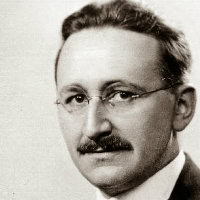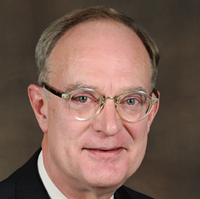The Foundations of a Free Economy: Hayek and His Critics
What is the proper relationship between the individual and state? Which type of social order is the most just, the most prosperous, and the most realistic given the lessons of history and truths of human nature? In no small measure, the 20th century was shaped by competing answers to these great questions, and in all likelihood so too will the century ahead. One of the central figures in these debates was the economist and social theorist F.A. Hayek, and this course will focus on the careful study of his seminal work, The Constitution of Liberty. Hayek will be understood as part of a grand conversation about economics and politics, and we will look at both his predecessors—Aristotle, Locke, Smith—and his greatest rivals—especially John Maynard Keynes.
Led by some of the world’s leading intellectual historians, philosophers, and policy minds, this seminar will study The Constitution of Liberty as both a work of political philosophy and as a way of thinking about some of the concrete policy dilemmas in the modern age. Yuval Levin, James Otteson, and Paul Rahe will guide our discussions of Hayek’s political theory, illustrating and probing Hayek’s arguments about liberty, equality, wealth, law, and progress. Chris DeMuth, former president of the American Enterprise Institute, will then lead us through the policy-oriented section of Hayek’s text, exploring topics such as labor unions, social security, taxation and redistribution, and monetary policy. We will then conclude by asking whether the good society requires a free economy, and whether a society committed to liberty can also sustain a virtuous citizenry and a just social order.
Key Texts & Topics
- F.A. Hayek, The Constitution of Liberty
- Selections from classic thinkers including Aristotle, Locke, and Adam Smith
- Selections from John Maynard Keynes
- Contemporary essays on economic policy from The Public Interest, National Affairs, and the Brookings Institution


 Christopher DeMuth is a Distinguished Fellow at the Hudson Institute in Washington, D.C. He was President of the American Enterprise Institute for Public Policy Research from 1986–2008 and D.C. Searle Senior Fellow at AEI from 2008–2011. He served as Staff Assistant to President Richard M. Nixon in 1969-1970, working first for Daniel P. Moynihan (then Assistant to the President for…
Christopher DeMuth is a Distinguished Fellow at the Hudson Institute in Washington, D.C. He was President of the American Enterprise Institute for Public Policy Research from 1986–2008 and D.C. Searle Senior Fellow at AEI from 2008–2011. He served as Staff Assistant to President Richard M. Nixon in 1969-1970, working first for Daniel P. Moynihan (then Assistant to the President for…